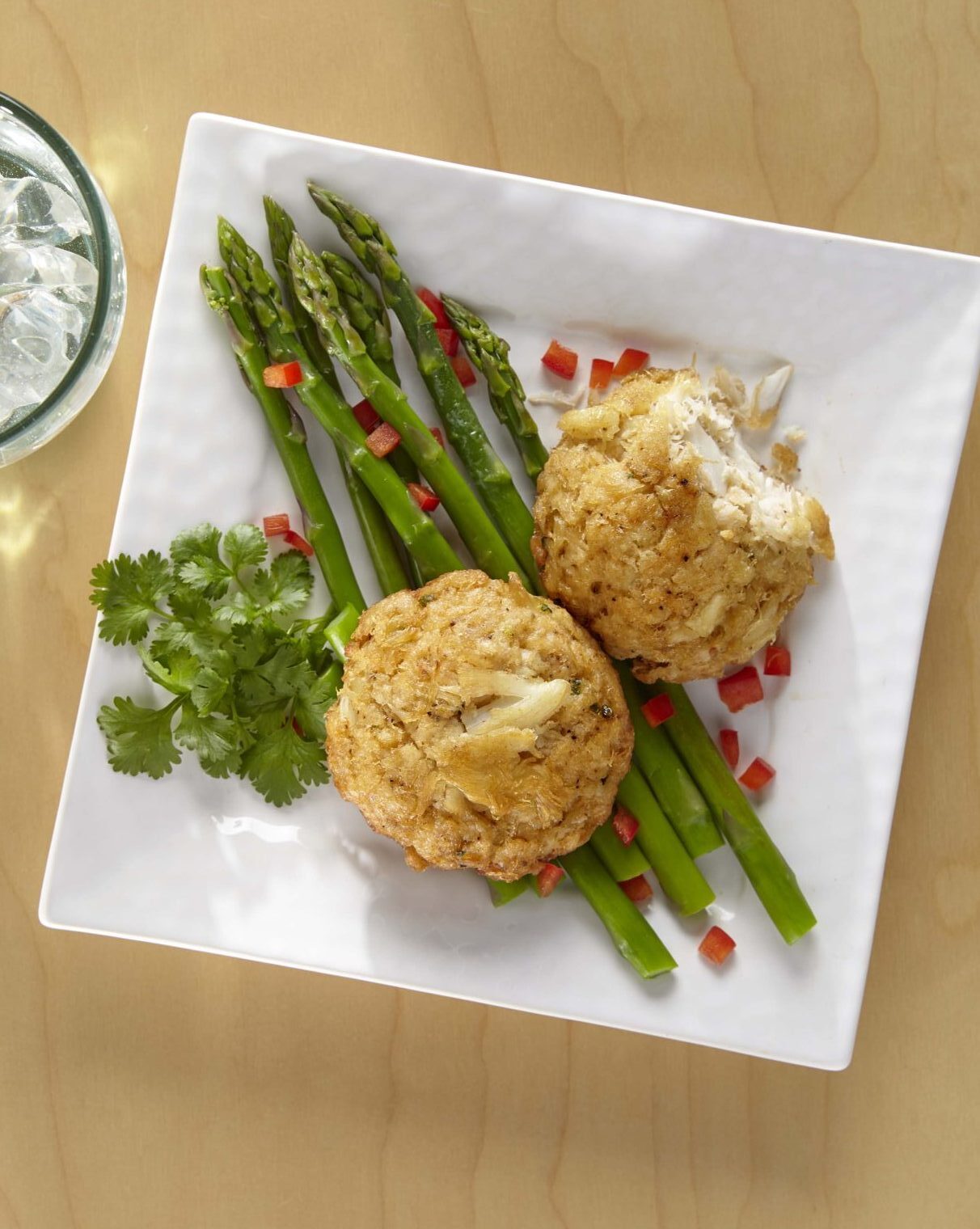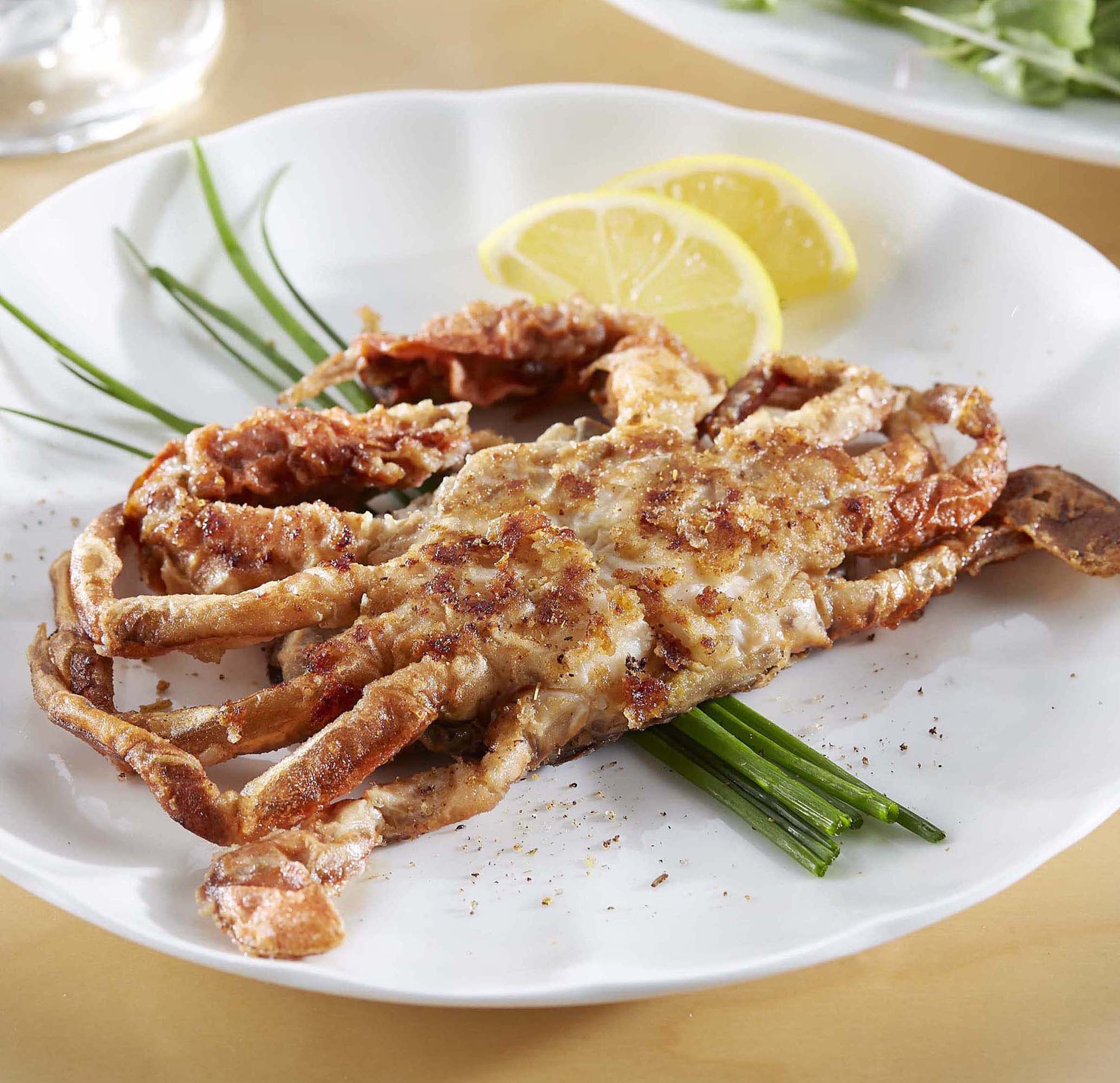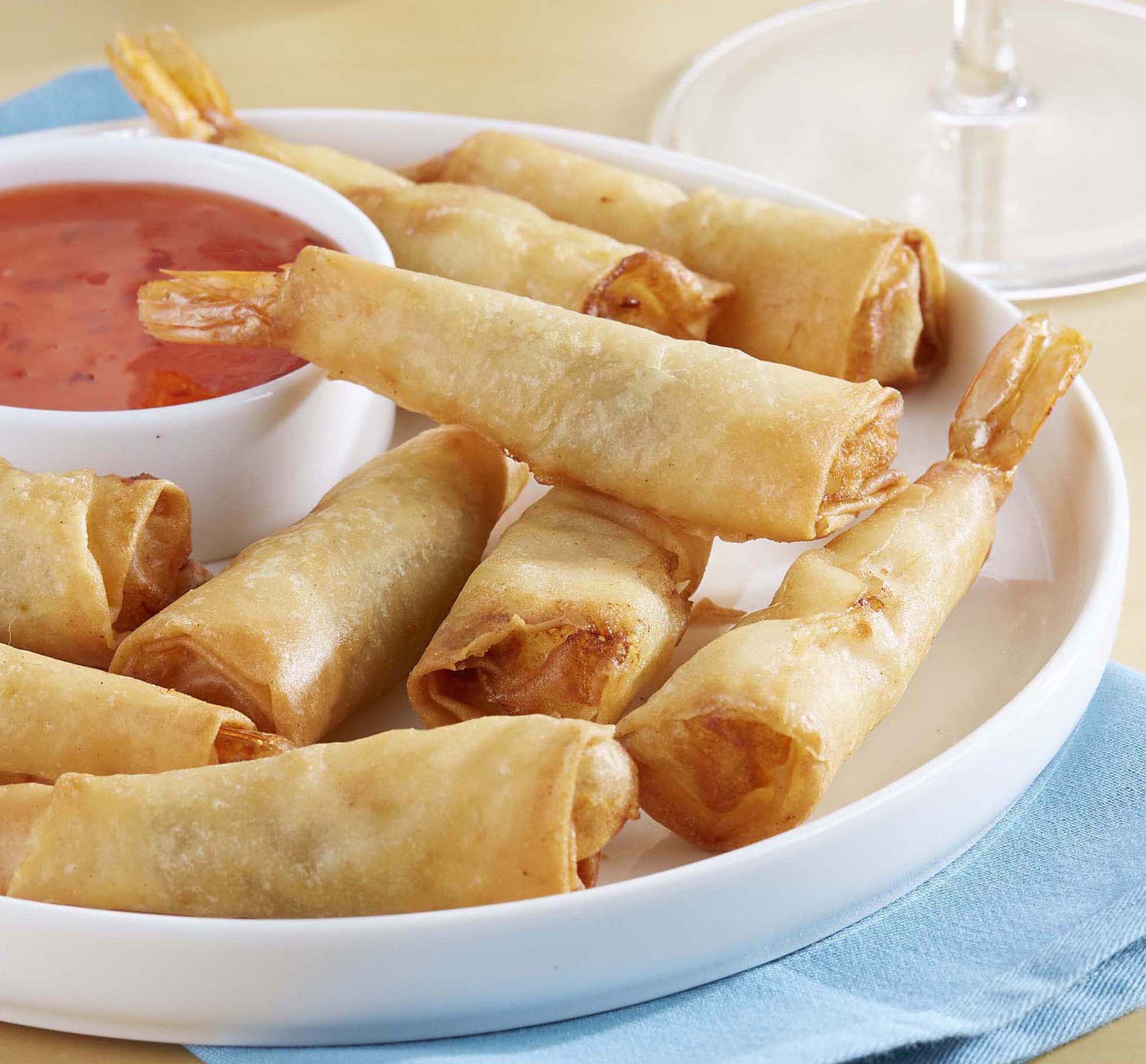
Convenient

Delicious

Introduction
The Handy Way
For over a century, Handy has been dedicated to delivering exceptional seafood. It all starts with our commitment to premium, fresh ingredients—we never cut corners. While we have a long history, our passion for creating delicious seafood remains as strong as ever. We combine our time-honored expertise with a fresh approach to bring you flavors that make every meal a memorable experience. At Handy, every customer is part of our family, and serving up goodness is at the heart of everything we do.
The Handy Way
Popular Handy Recipes
News and latest
From our blog
Crab Meat
Handy’s Crab Meat Combo is the WHOLE CRAB IN ONE CAN! By offering this unique combo, Handy is capturing an over 100-year old tradition of the Chesapeake Bay region which is well known for its handmade crab cakes using meat from the whole crab. That’s [...]
Appetizers Shrimp
Handy Seafood announced the launch of its innovative new retail product, Shrimp Birds’ Nests. Designed to capitalize on the surge in global flavor exploration and the demand for convenient, restaurant-quality meals at home, this unique appetizer is poised to become a freezer aisle favorite. The [...]
There are so many more!
Recipe Categories